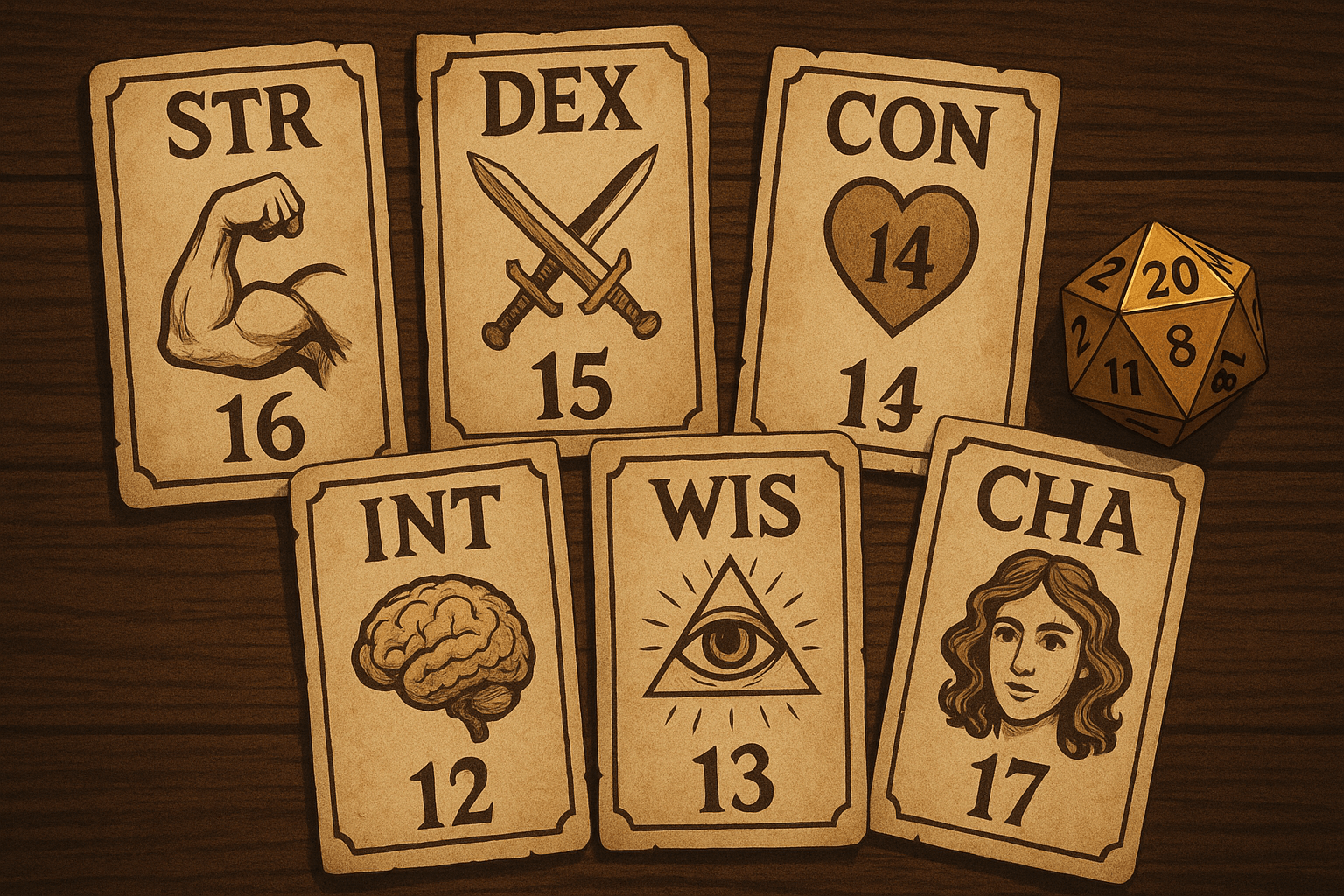
D&D 5e Ability Scores Explained: The Core Stats That Shape Your Character

Every adventurer in Dungeons & Dragons 5e, whether a towering barbarian or a sly halfling rogue, starts with the same foundation: ability scores. These six core stats define what your character is naturally good at, from casting spells to swinging swords to charming nobles.
Understanding how D&D 5e ability scores work is essential for building effective, fun-to-play characters. In this guide, we’ll break down each ability score, how they affect gameplay, how to calculate modifiers, and tips for optimizing your character’s stats.
What Are Ability Scores in D&D 5e?
Ability scores are the six core traits that represent your character’s natural talents and weaknesses:
- Strength (STR) – Physical power and athletic ability
- Dexterity (DEX) – Agility, reflexes, and precision
- Constitution (CON) – Endurance and health
- Intelligence (INT) – Reasoning and knowledge
- Wisdom (WIS) – Perception, insight, and willpower
- Charisma (CHA) – Confidence, persuasion, and leadership
Each ability score typically ranges from 3 to 20 (or higher with magic), and they directly affect your character’s performance in combat, exploration, and social interaction.
How to Calculate Ability Modifiers
The ability modifier is the number you actually add to rolls, not the score itself. It’s derived from your ability score using this formula:
Modifier = (Ability Score – 10) ÷ 2, rounded down
| Score | Modifier |
| 8–9 | –1 |
| 10–11 | +0 |
| 12–13 | +1 |
| 14–15 | +2 |
| 16–17 | +3 |
| 18–19 | +4 |
| 20 | +5 |
Example: If your character has a Strength of 16, they get a +3 Strength modifier. That modifier affects attack rolls, damage rolls, skill checks, and saving throws tied to Strength.
What Each Ability Score Affects
Here’s a breakdown of what each ability score influences:
Strength (STR)
- Melee attack and damage rolls (unless using Dexterity with finesse weapons)
- Athletics checks (climbing, swimming, grappling)
- Carrying capacity
Best For: Barbarians, Fighters, Paladins
Dexterity (DEX)
- Ranged attack and finesse weapon rolls
- Armor Class (AC), especially for light armor wearers
- Initiative rolls
- Acrobatics, Stealth, Sleight of Hand
Best For: Rogues, Monks, Rangers
Constitution (CON)
- Hit Points (HP): Adds to each level's hit die
- Concentration checks for spellcasters
- Endurance and resisting poisons
Best For: Every class, especially frontliners and casters needing concentration
Intelligence (INT)
- Arcana, History, Investigation, Nature, Religion
- Wizard spellcasting
- Knowledge-based skills and research
Best For: Wizards, Artificers, Knowledge Clerics
Wisdom (WIS)
- Perception and Insight
- Survival, Medicine, Animal Handling
- Wisdom saving throws (vs charm, fear, etc.)
- Druid, Cleric, Ranger spellcasting
Best For: Clerics, Druids, Rangers
Charisma (CHA)
- Persuasion, Intimidation, Deception, Performance
- Warlock, Bard, Sorcerer, Paladin spellcasting
- Social interactions, leadership, and roleplaying presence
Best For: Bards, Sorcerers, Warlocks, Paladins
How to Assign Ability Scores
There are three main methods to determine your ability scores:
1. Standard Array
A balanced set of numbers: 15, 14, 13, 12, 10, 8
Assign them where they fit your class and concept best.
2. Point Buy
Spend 27 points to build custom scores, with diminishing returns above 13. Offers flexibility and balance.
3. Rolling
Roll 4d6, drop the lowest die, and do this six times. Assign results to any stat. This is the most random and can lead to high-powered or unbalanced characters.
Racial and Background Bonuses (And Tasha’s Flexibility)
In traditional D&D 5e rules, races give specific ability score increases:
- Elves get +2 Dexterity
- Dwarves get +2 Constitution
- Half-Orcs get +2 Strength, +1 Constitution
However, with Tasha’s Cauldron of Everything, you can assign +2 and +1 to any scores, giving you more freedom to build the character you want without being tied to race-based stereotypes.
Tip: Use this flexibility to fine-tune your concept. Want a scholarly orc wizard? Now you can make that happen without penalty.
Tips for Optimizing Your Ability Scores
- Max Your Primary Stat: Every class benefits from one “key” stat, like Strength for Fighters or Charisma for Sorcerers. Focus on boosting it first.
- Don’t Neglect Constitution: More HP means more survivability. A +2 Constitution modifier gives you 20 extra HP by level 10!
- Support Your Secondary Stats: A rogue needs Dexterity, but boosting Charisma or Wisdom helps in social or perception checks.
- Consider Saving Throws: Some saves show up more often (Dex and Con especially), so boosting those abilities helps you stay alive.
Common Mistakes with Ability Scores
- Dumping Constitution: It’s tempting, but low HP can be lethal, especially for new players.
- Overbalancing Stats: Spread-out 12s and 13s look nice but don’t specialize. Focus on one or two good stats to shine.
- Not Planning Ahead: Think about future features, do you need 13 Strength for multiclassing? Does your subclass rely on spellcasting?
Every ability score in Dungeons & Dragons is tied to a dice roll. From rolling Strength checks to determine if you can break down a door, to rolling Charisma saving throws to resist enchantments, your dice are at the heart of the game. Choosing the right DND dice set not only helps with readability and consistency, but it also lets your dice reflect the personality of your character.
20% Off All Dice with RUNIC20
At Runic Dice, we believe your ability scores deserve dice that feel just as legendary as your rolls. Explore our handcrafted gemstone dice, resin dice, and polyhedral dice sets to find the perfect match for your character’s stats.
Conclusion: Ability Scores Define Your Hero
D&D 5e ability scores shape the foundation of your character. They influence combat, spellcasting, skill checks, social interactions, and survival. By understanding how each stat works, optimizing them for your class, and avoiding common mistakes, you’ll build a character who not only thrives mechanically but fits your vision and roleplay style.
How do you choose your ability scores when building a character? Got a favorite dump stat or surprising combo? Share your best builds in the comments!

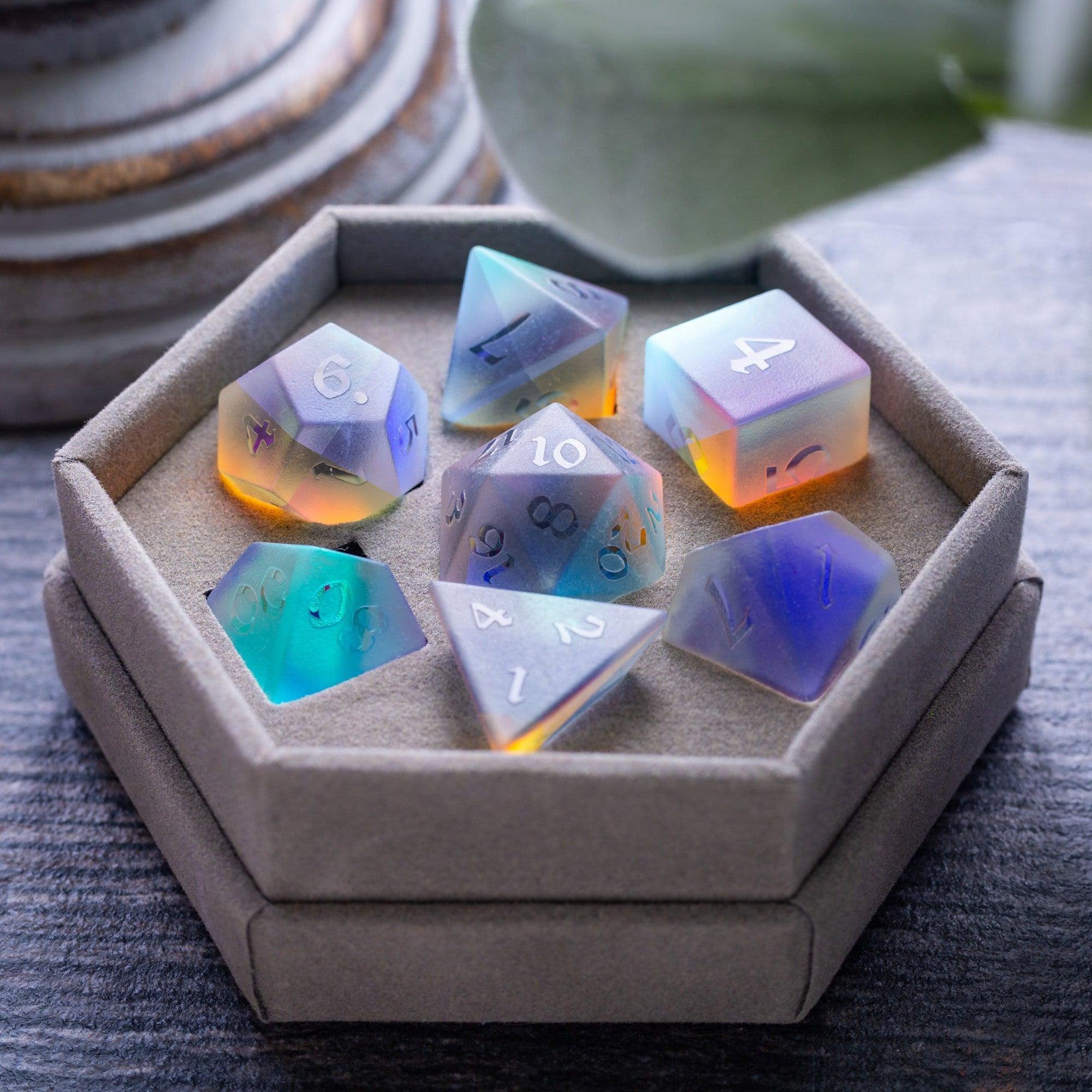

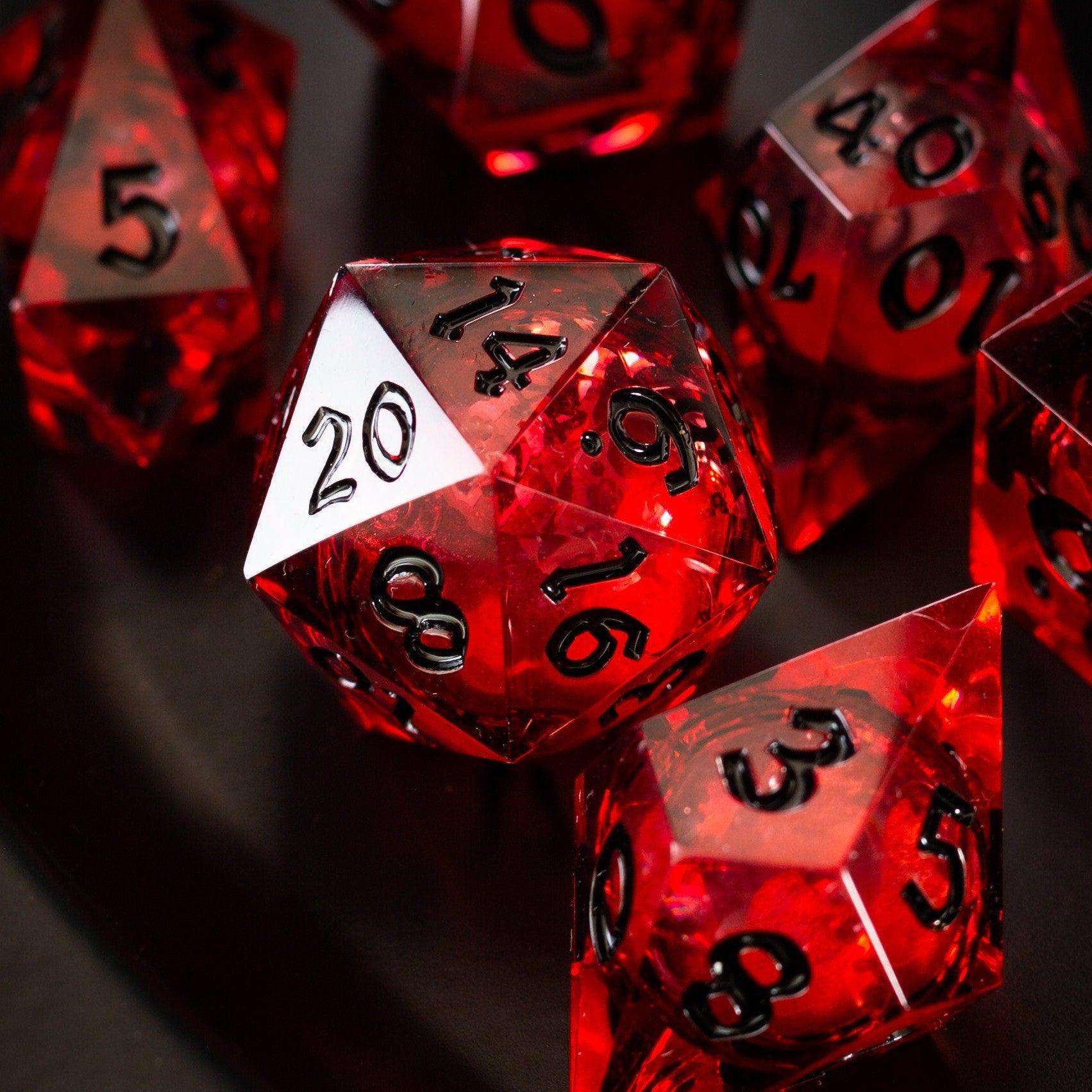
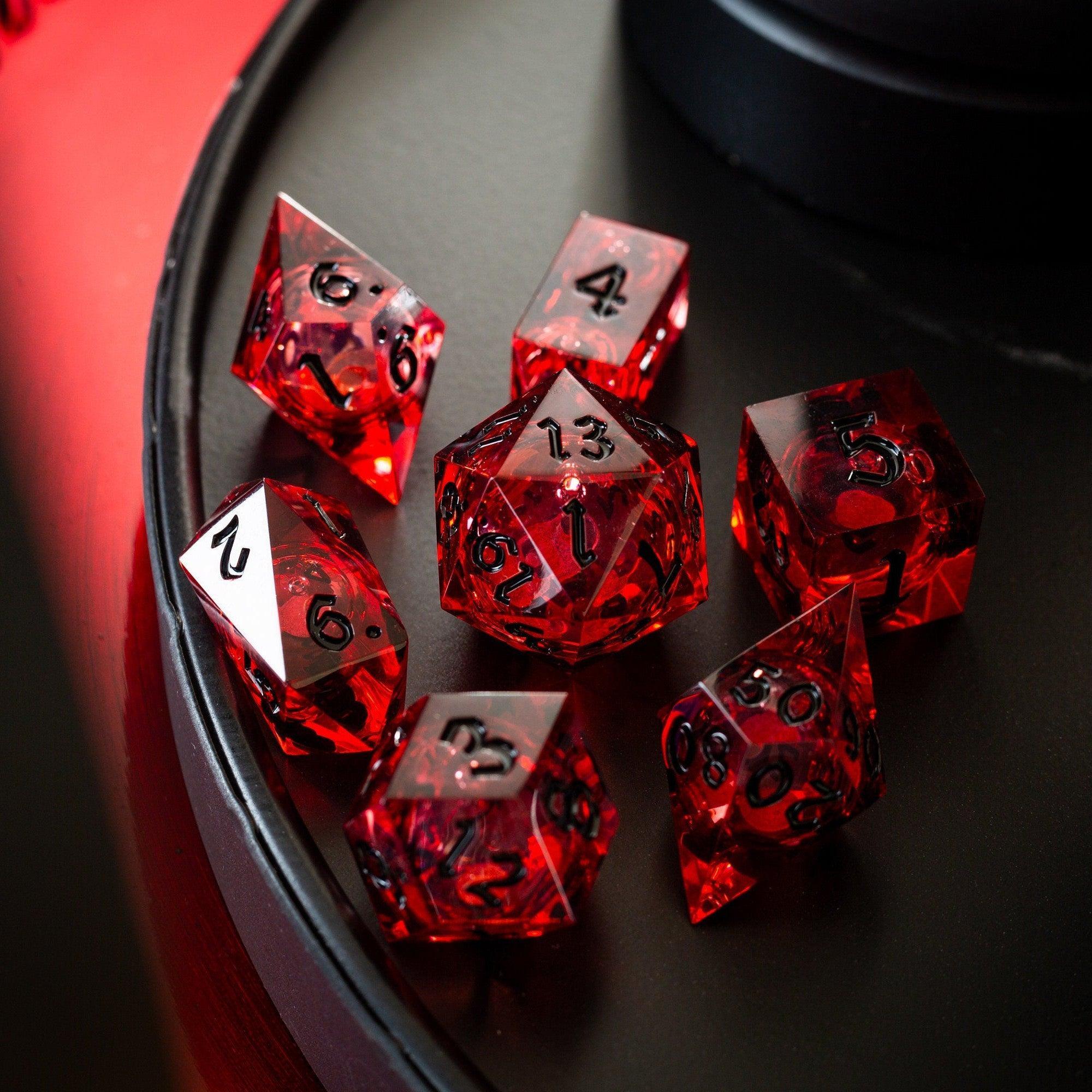
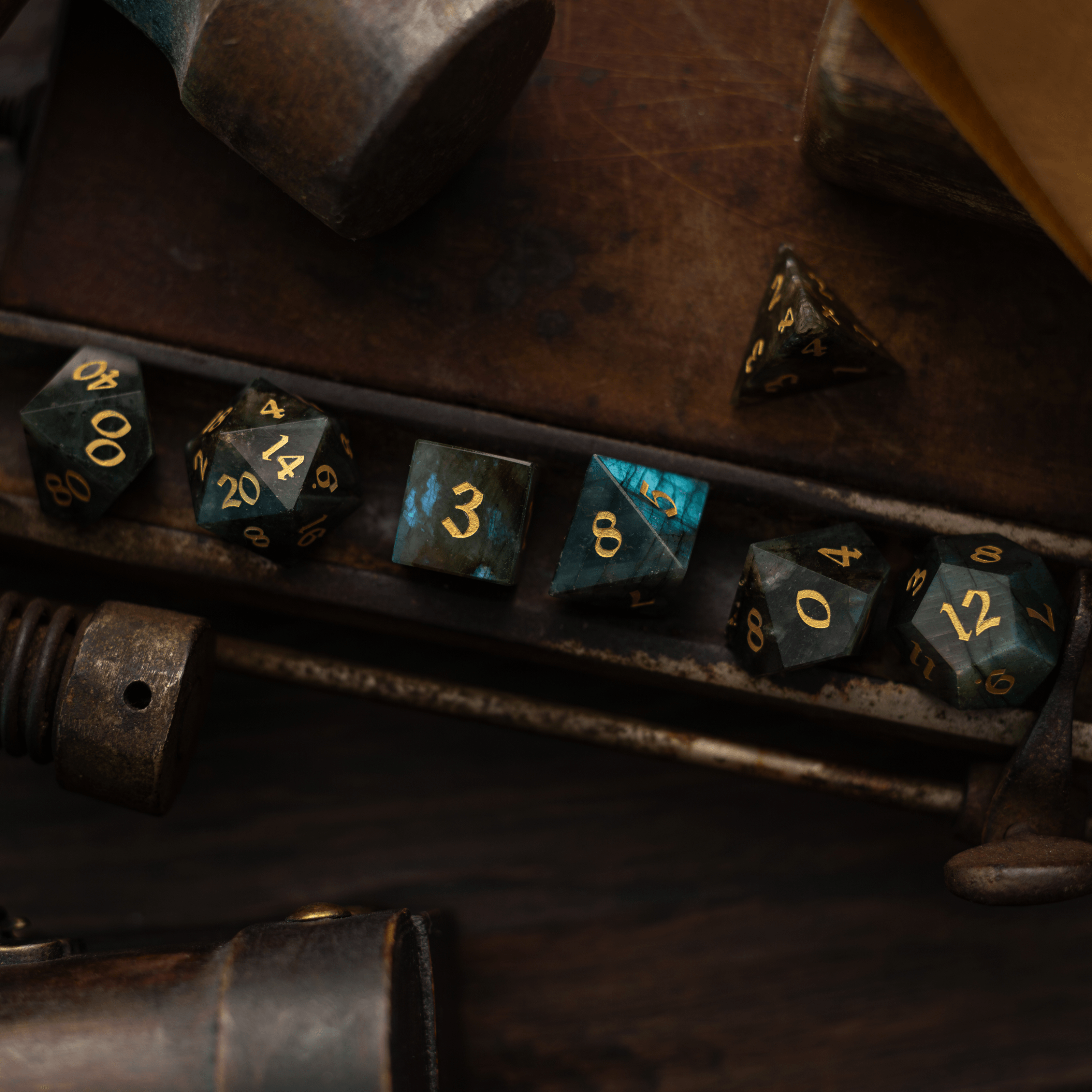
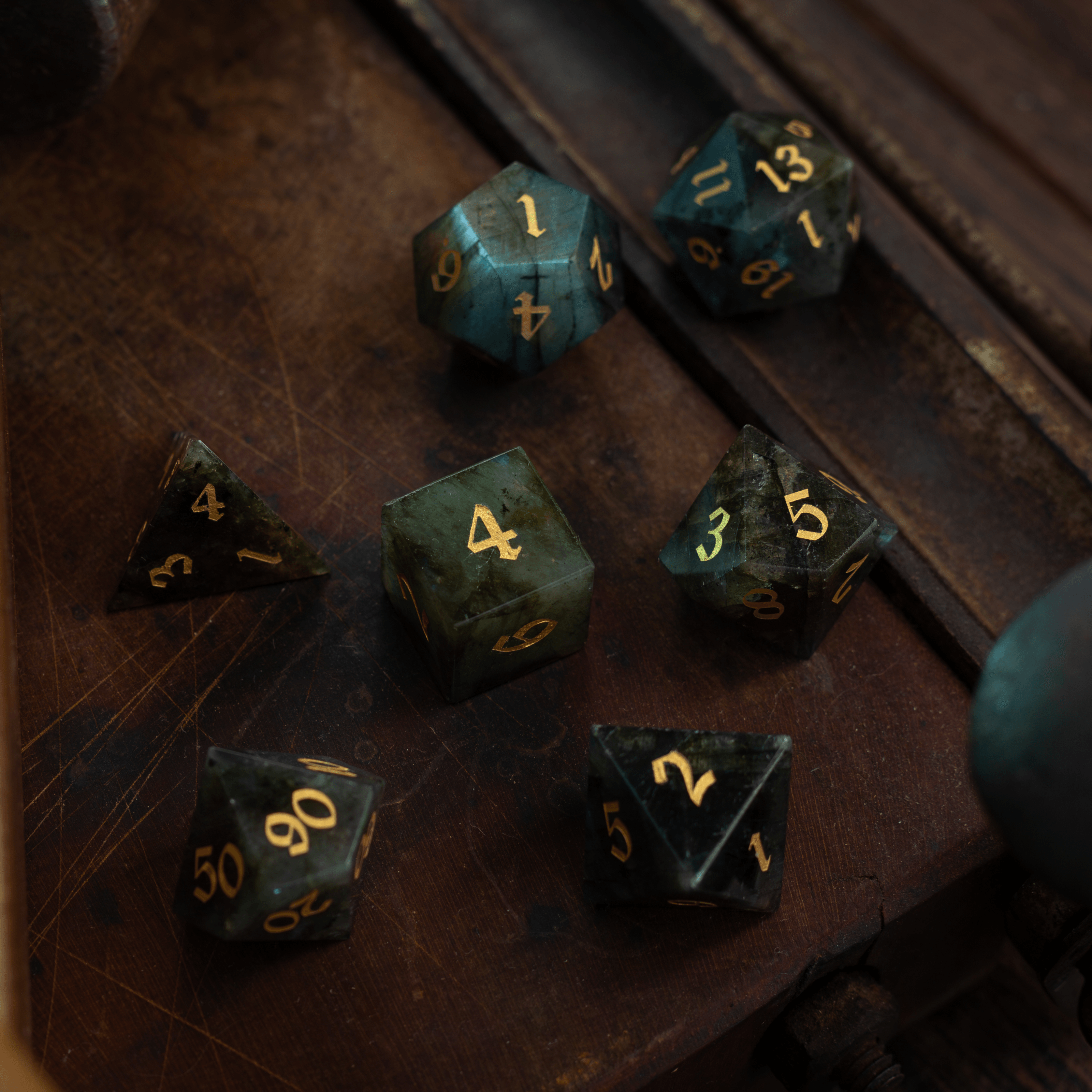
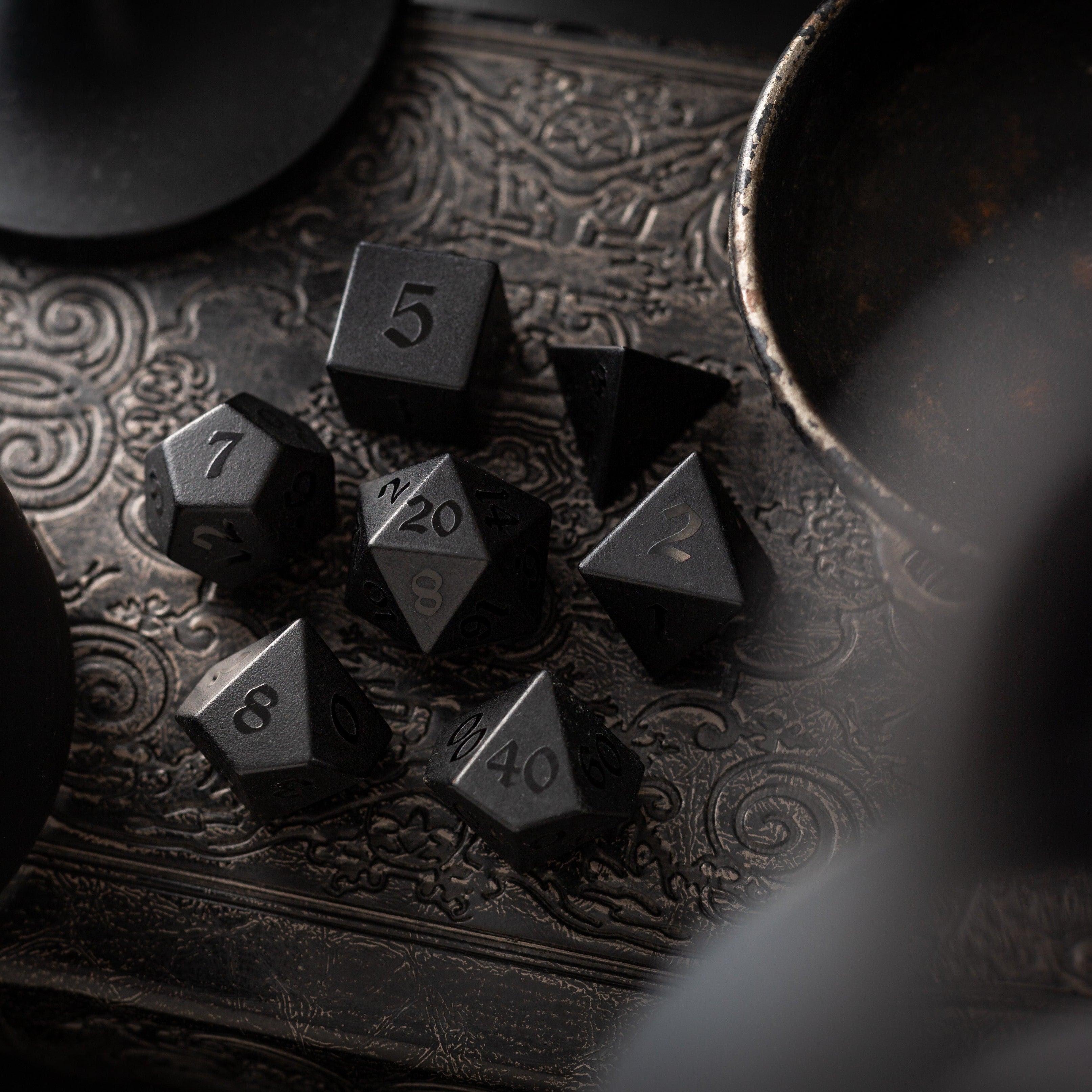
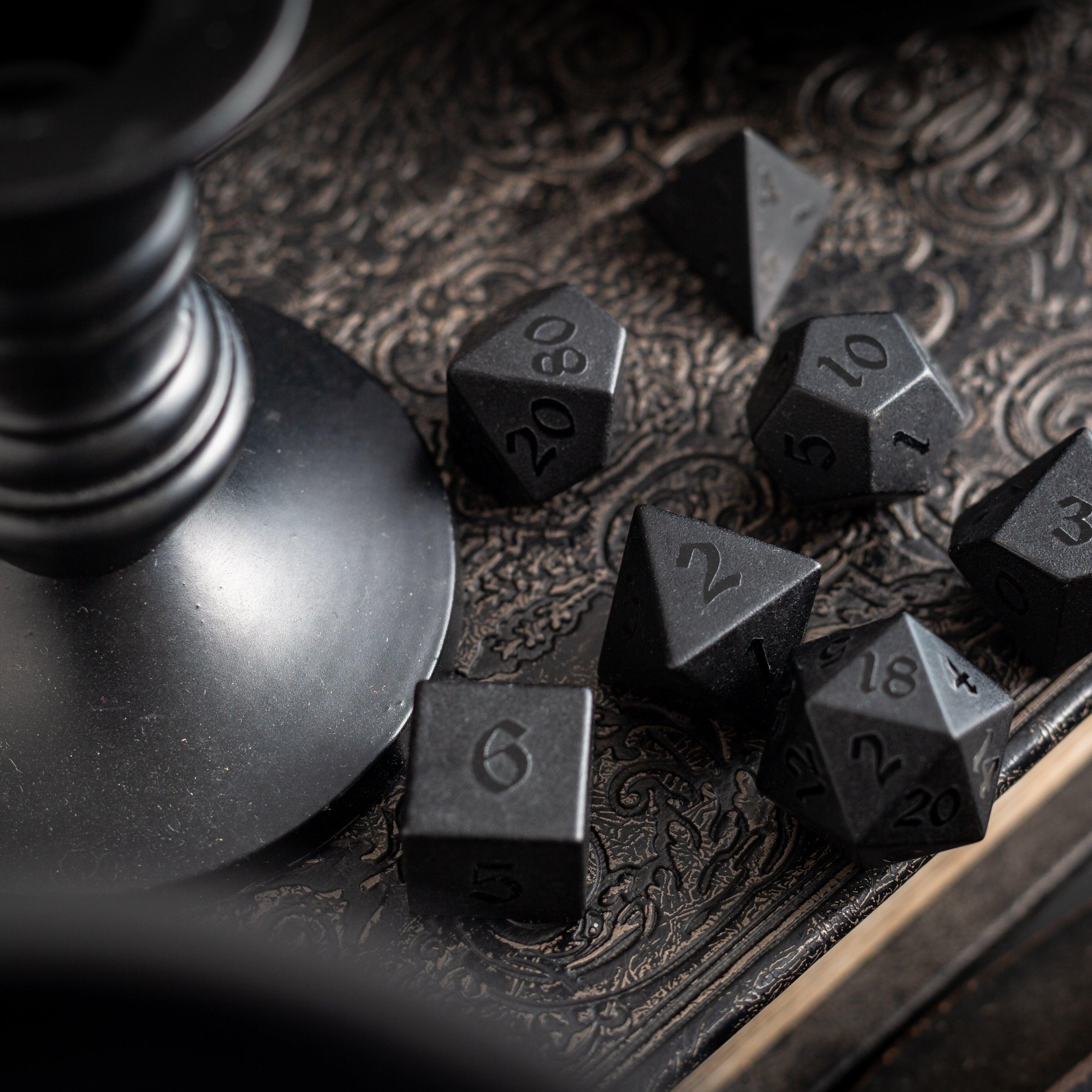
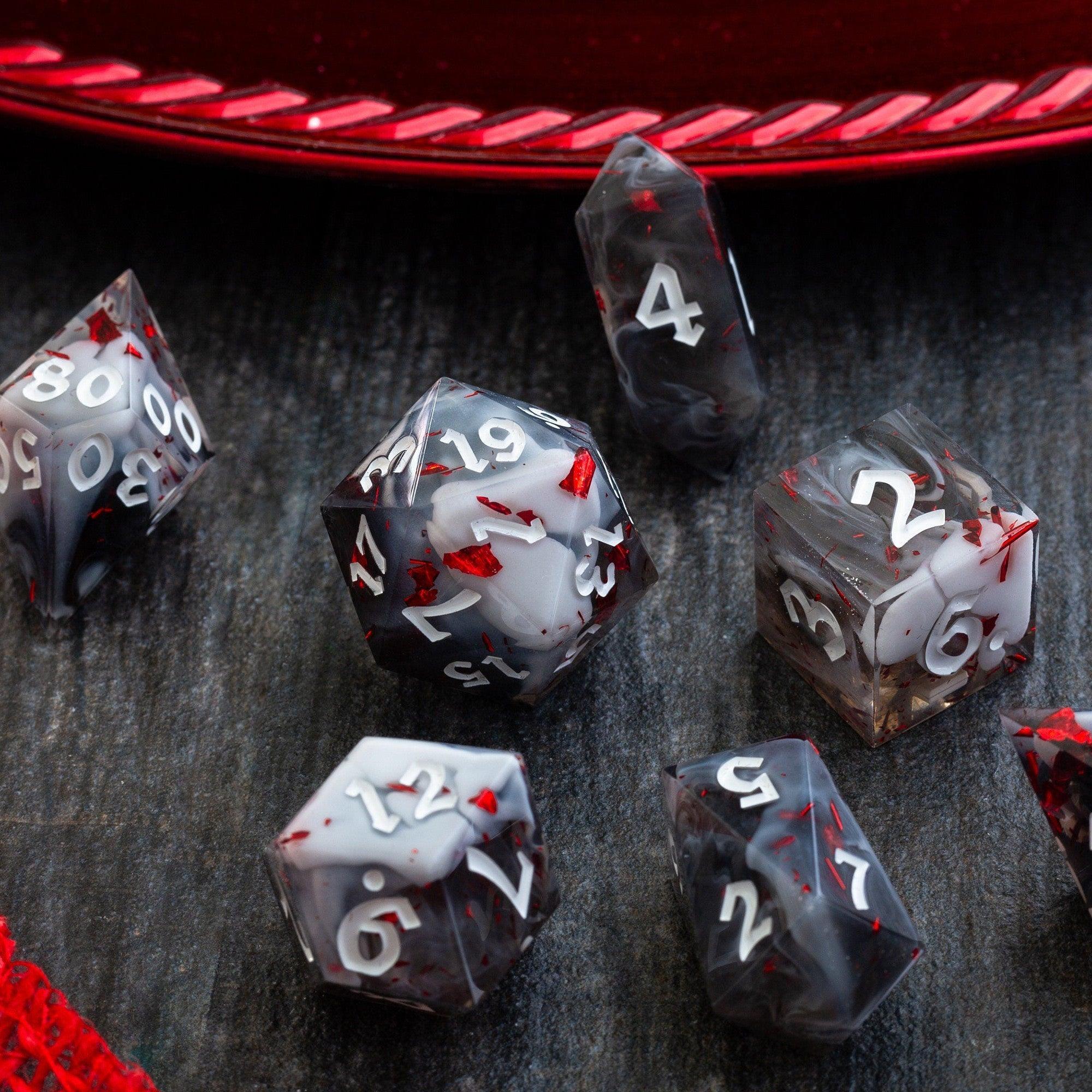
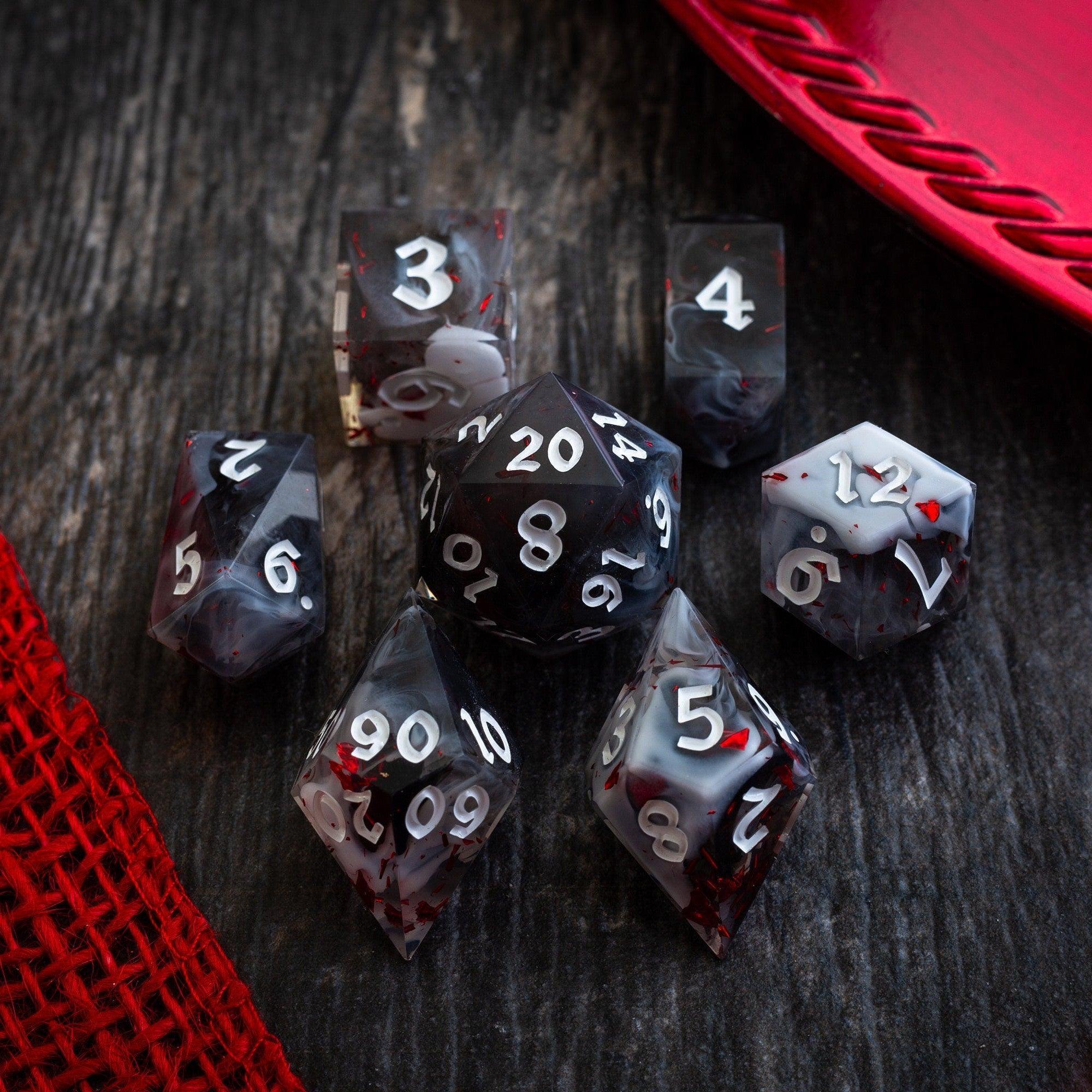
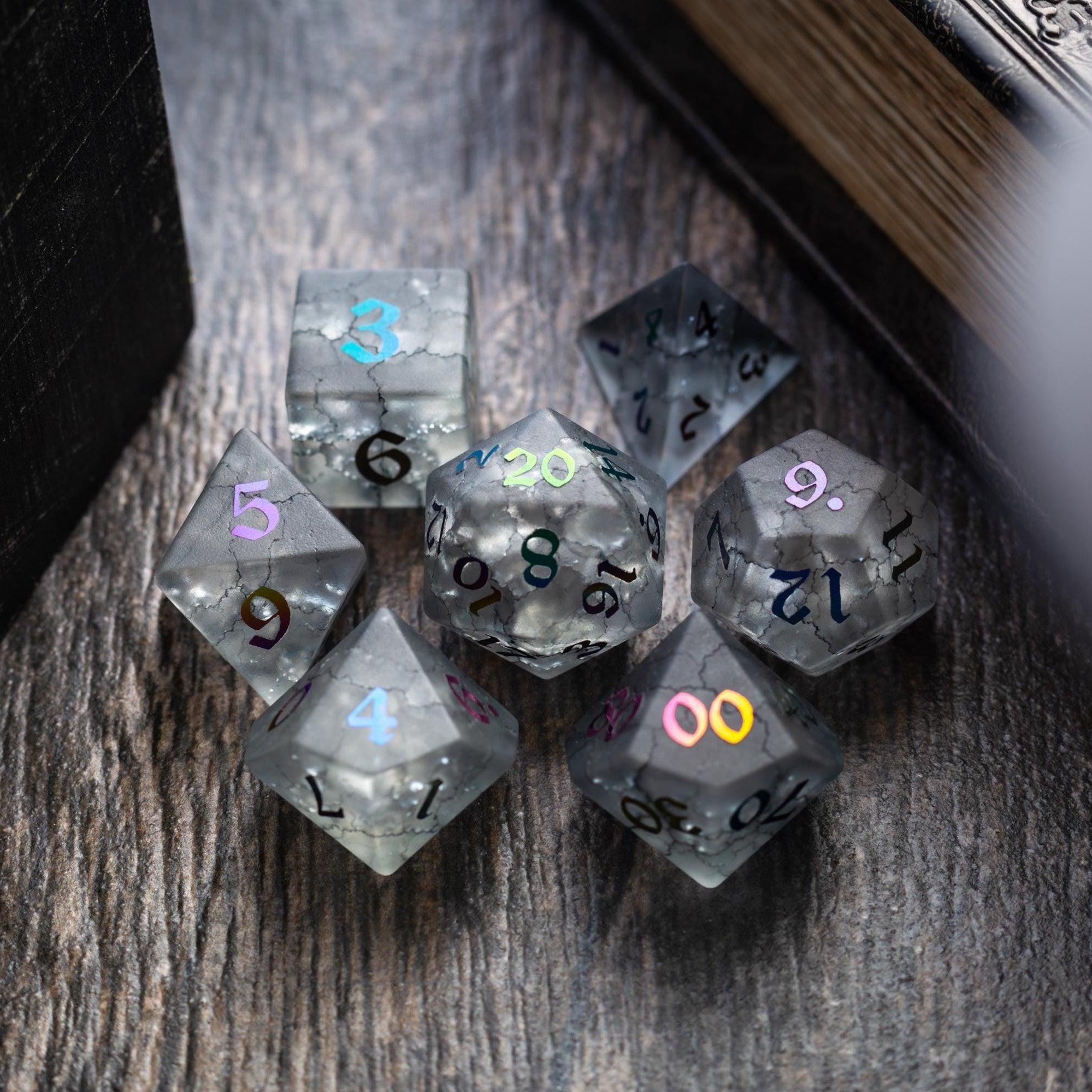
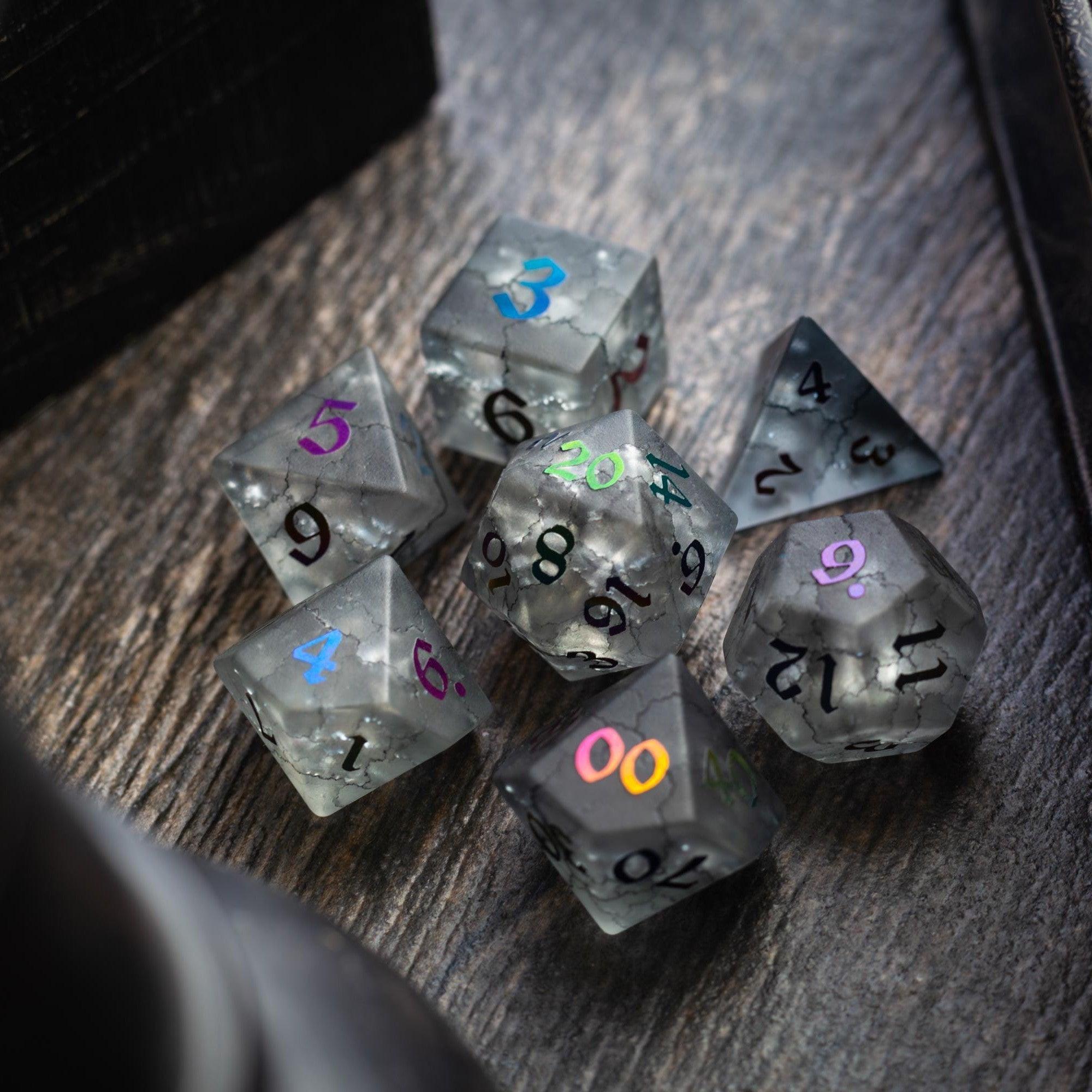
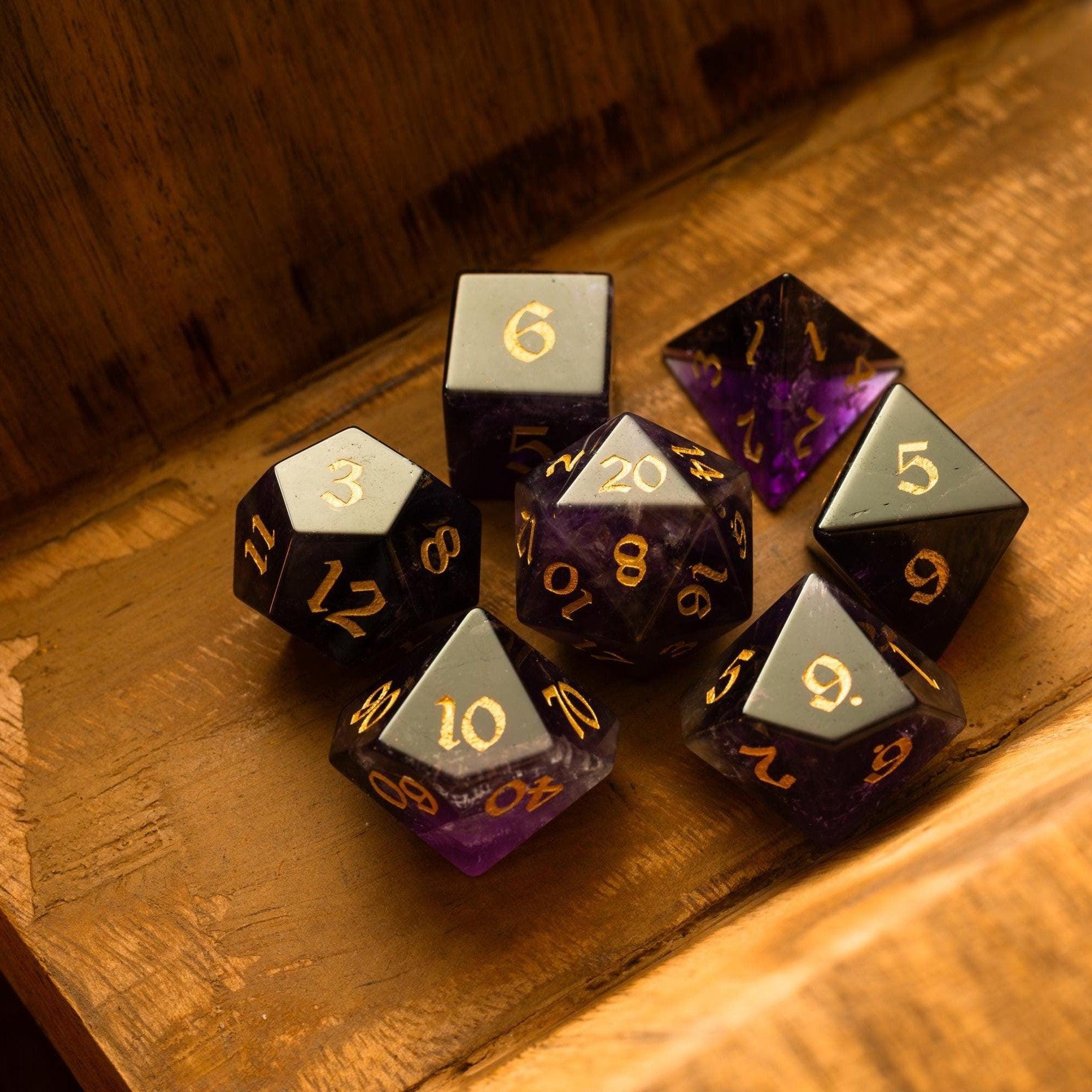
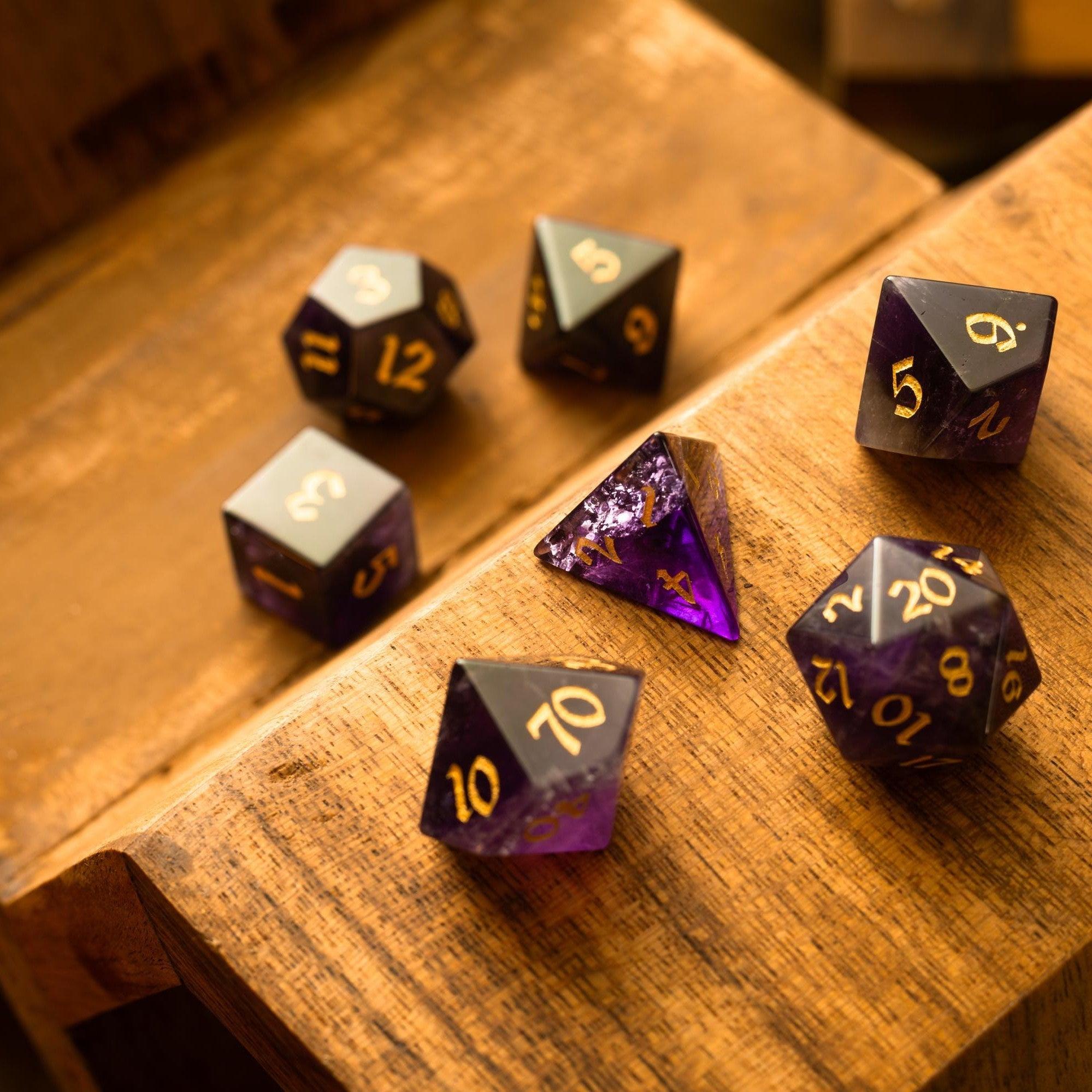
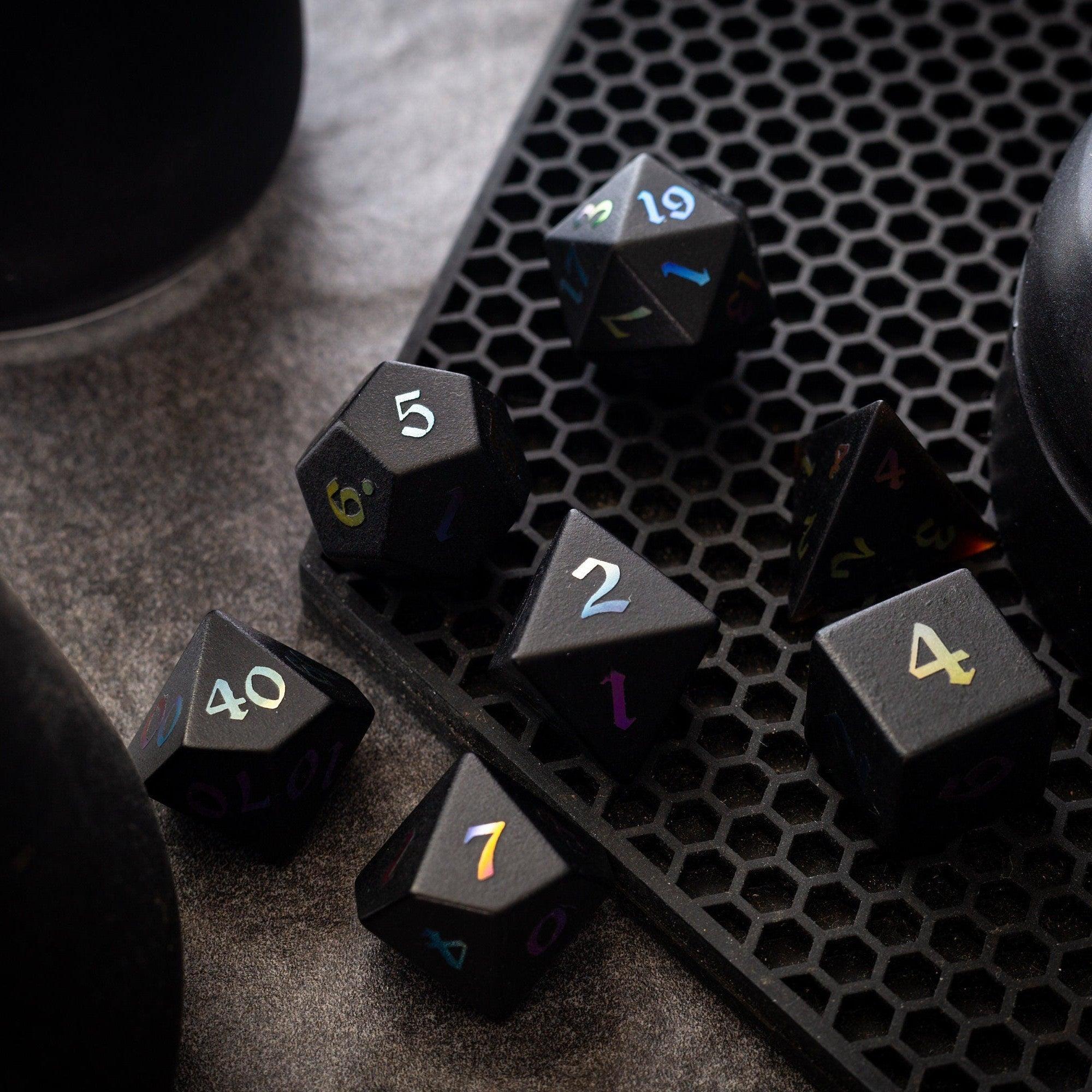

Leave a comment
This site is protected by hCaptcha and the hCaptcha Privacy Policy and Terms of Service apply.